Digital Detox 2022 Archive
Overcoming Apathy and Fighting Back
Every week, you’ll read a deeply researched (but always readable!) essay about the state of the academy and the role disaster capitalism is playing in our classrooms as we teach and learn together. We’ll share up-to-date thinking from around the globe.
In the comments sections and in live-online sessions, you’ll meet other people who care, from TRU and around the world.
And new this year: share your long-form thoughts and become a part of our Detox experience!
These last two years have been hard. We’re all burning out and the Great Resignation looms. Remind yourself that you can be part of making change in the post-secondary sector and beyond, and join forces with folks who feel the same way you do.
What to Expect When You’re Digitally Detoxing
This is not an abstinence detox: we know you have to live, work, teach, and learn with technology, and we want to help you make that relationship less toxic.
For the whole month of February, you’ll get a weekly essay that takes a deep dive into some aspect of the relationship between education, technology, and our current moment. We’ll talk about fatigue and burnout, about the importance of staying engaged, the dangers of our “new normal” practices, the crisis of inaccessibility, and what activism can look like as we move forward.
And there will be options to connect “live,” across distance, to talk and plan.
All members of the TRU community and beyond are welcome to join in our conversation. Register by 31 January to ensure you receive every update.
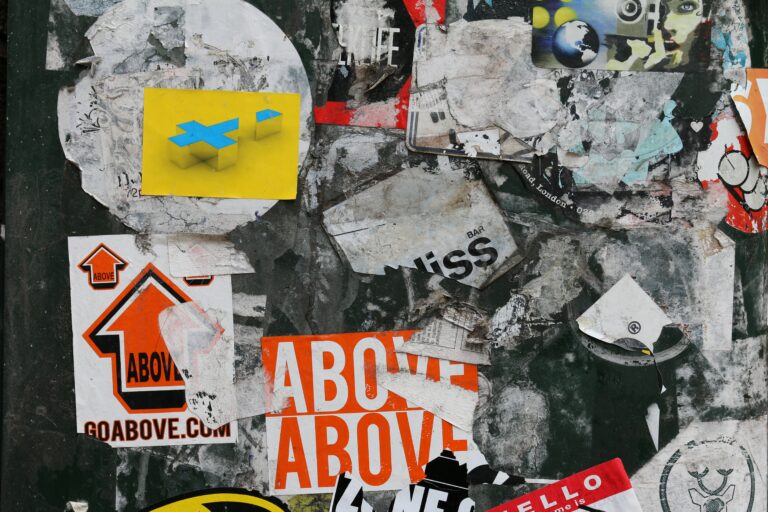
The People Have the Power to Redeem the Work of Fools: A Toolkit for Resistance
I promised a toolkit in this final post, and a sense of what resistance can look like. Sometimes I think the most helpful way to think about this work is to recognize that every choice we make every day is part of the larger constellation of resistance, which I get sort of sounds exhausting. I promise, I get that. And I don’t think we can possibly fight every fight or be ready for a fight every second of the day. But taking the “every day, every choice” approach also means that every day has myriad opportunities to challenge the status quo, to start a difficult conversation, to ask a question no one else is asking. I find that hopeful, because it means that when you do step back, or opt out, or take time to breathe, the next opportunity to make the small connection that sparks the change is just around the corner.
Here are the moves that I think should be in every post-secondary reformer’s toolkit.
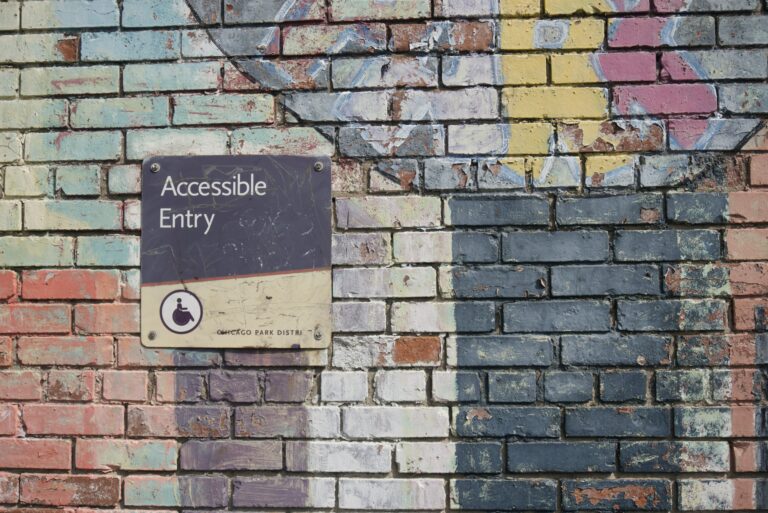
Is Anyone as Cruel as a Normal Person?: Disability, Access, and Why I Refuse to Go “Back to Normal”
And of course, Western chauvinism drips from the preceding paragraph: to be even at this stage of this unending trial is due to the accident of birth of vaccine privilege, which the richest countries in the world seem determined to horde like Gollum’s ring (and you know what happens to hobbitses who horde rings). But with the wealth of opportunity we have had to protect and care for ourselves and each other, it’s all the more disheartening to see how quickly the collective solidarity of the early pandemic days has fallen away. We’re heading “back to normal,” which I guess means “everyone for themselves” — because the normal we had before didn’t work for an awful lot of people. If there’s one thing this moment has made achingly clear, it’s that the ableism baked into how we do business in the post-secondary sector will take a lot more than a global pandemic to unseat. And that if we don’t use this moment to imagine something a damn sight better than normal, it’s hard to imagine that we ever will.
How depressing. Let’s dig in.
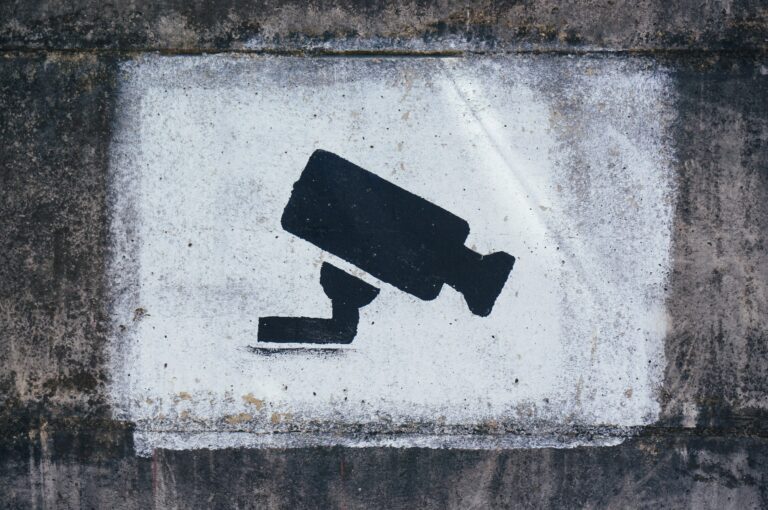
Every Breath You Take, Every Move You Make: Surveillance and the True “New Normal” of the Moment
When everyone first left the campus and went home to teach and learn remotely, there was a lot of talk about how we would reduce assessment loads and reframe our evaluations to meet the moment. Many institutions offered a Pass/Fail option in the immediate term and instructors were encouraged to find compassion for students in crisis.
And then, you know, universities gotta university. By January 2021, students were reporting a perception of increased workloads and by June 2021, the sector had decided everyone was cheating and somehow the idea that our processes should change in a, you know, global pandemic became a lot less attractive. Instead, what became a lot more attractive was surveillance.
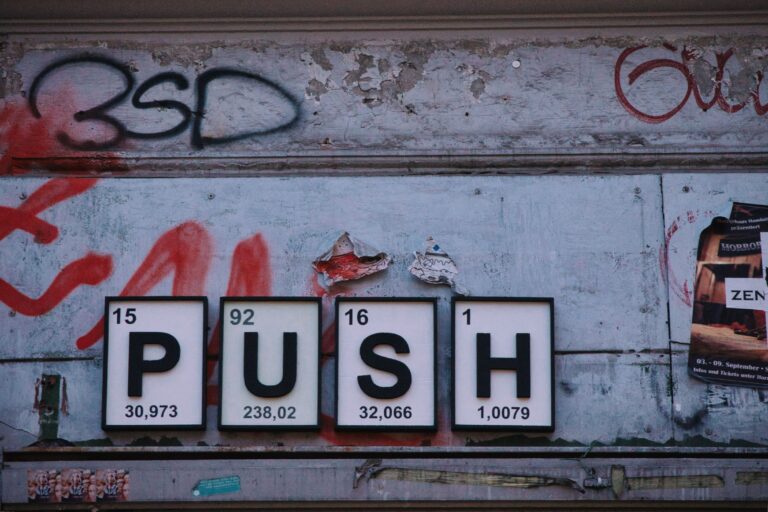
The Worst Is Yet to Come, and Babe, It Won’t Be Fine
So last week, we talked about fatigue and burnout, and I promised you I would give you some reasons to keep engaging with the things that matter. I didn’t promise a cheery chat — and the title today reinforces that! — but I am going to provide some reasons to hope even as I try to spook you into action.
Naomi Klein’s concept of disaster capitalism, as she outlines in the Shock Doctrine, is one that resonates. We’ve talked about it in these pages before: it’s the idea that bad, exploitative policy — of the neoliberal variety — typically follows on from crisis. Klein herself has acknowledged the parallels to this moment. And I’ve argued that we’re seeing this same thing happen in educational technologies, as universities floundered to sign agreements and then get stuck with tools they are ill-prepared to effectively manage and use.

We Get Knocked Down, But We Get Up Again: Discourses of Resilience, Realities of Burnout
I don’t know what it’s like in your circles, but in mine — which, thanks to Twitter, span a broad range of English-language academics, and sometimes a little beyond — everyone is done. Everyone is burnt out and tired and feeling pulled beyond what they can do. And in many ways, things feel bleaker than they did at the beginning of the pandemic, because we’re now all too aware that everything we hoped was temporary, from critical staffing shortages to the demands of working in multiple modalities, is probably not, in fact, temporary. Anytime an institution finds it can run with less, it rarely goes back to more. Even if the cost is human; maybe especially when the cost is human. Humans are infinitely replaceable. Capital projects are forever.
Thank you for your resilience.
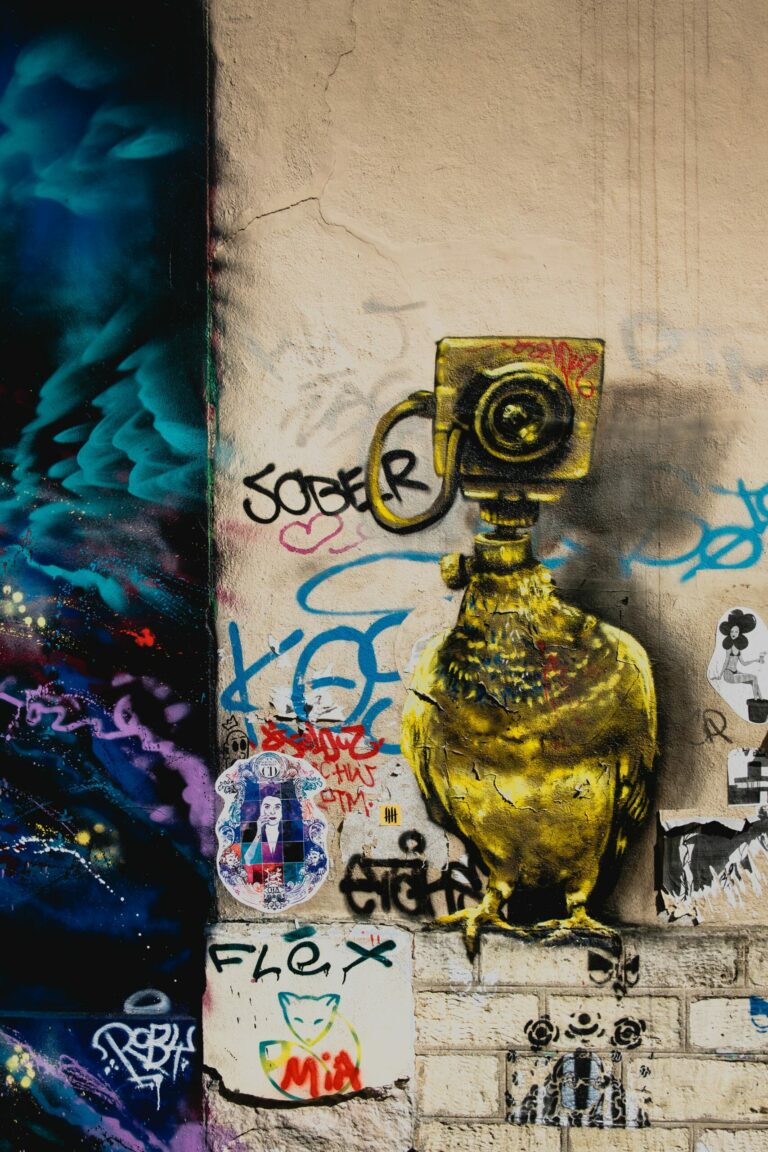
Welcome (?) to the 2022 TRU Digital Detox
My friends, what a time to be working in education. When I sat down in November to plan this year’s Digital Detox, I really struggled. Reading back through the essays of the last few years, it is easy to believe that nothing has really changed or improved since the start of the pandemic, and that…
2022 Guest Posts

Learning with the Detox: A tool for critical reflection
Can you tell us a bit about your contexts and experience teaching the Detox? At the start of Jan 2020, I was teaching a 3rd year Special Topics course at Thompson Rivers University on ‘Digital Sociology.’ I had pitched this topic to the Chair, as I had just completed my PhD at the University of…

Guest Post: A Personal Note on Accessibility
Why is technology and accessible practice important? It is important because there are likely more accessibility needs in your classroom than you know. It is not always easy for someone with an accessibility need to come forward because when you do you are singling yourself out and subjecting yourself to negative attitudes. I remember being…